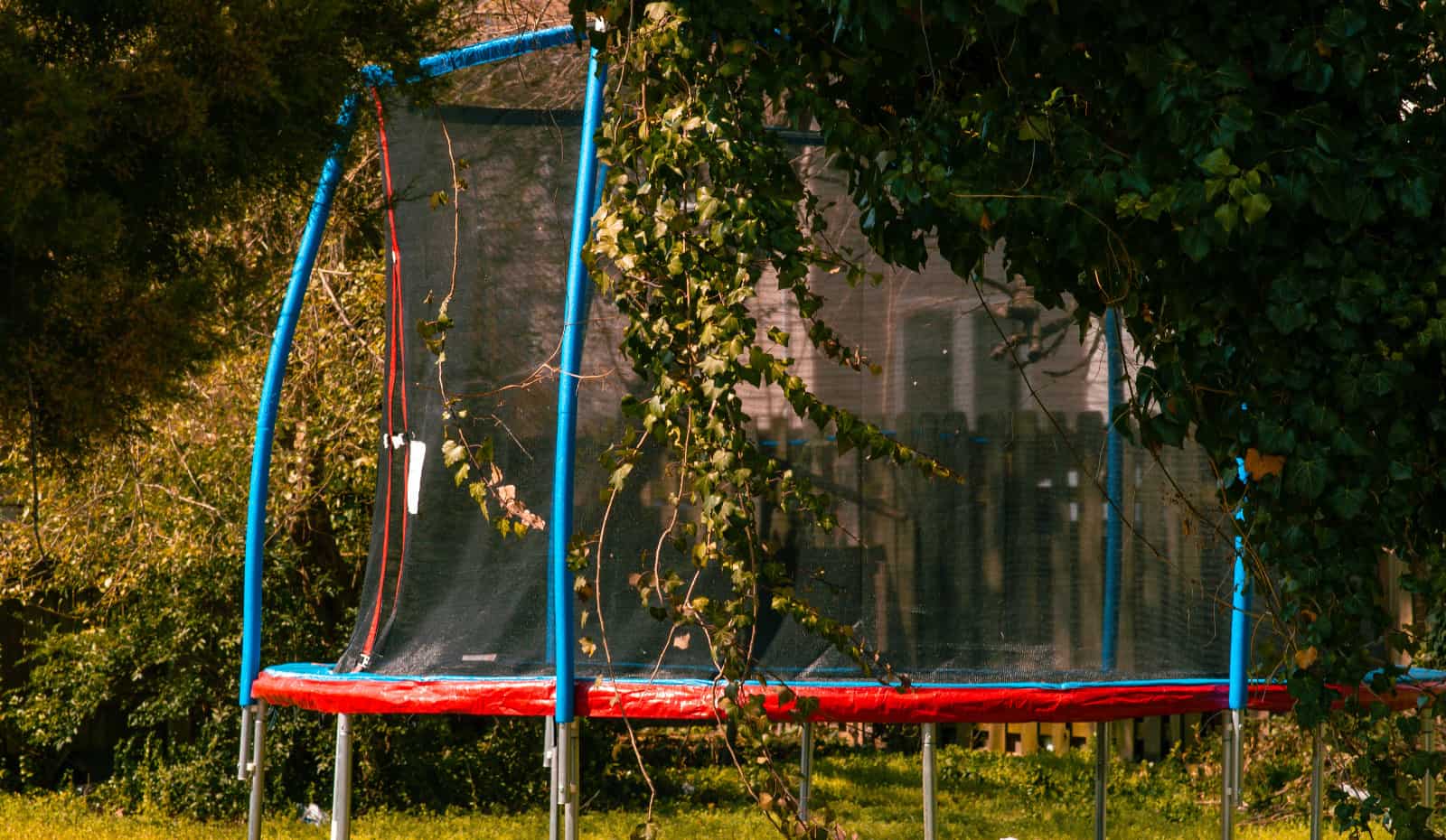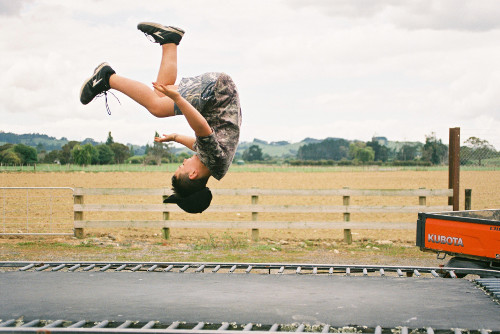GET IN TOUCH
Please contact us for more information. Our email is monitored seven days a week and we will get back to you shortly.

There’s no doubt that trampoline parks are enjoyable for everyone, but this fun often comes with a huge risk of injury. News stories of people who are injured at trampoline parks filing lawsuits are only becoming more frequent, as those injured at parks seek compensation for damages suffered. However, the result of these legal claims are in the news far less often. Most assume that all trampoline parks have strict safety policies, including liability waivers, verbal notices of risk, supervision and warning signs in an attempt to prevent injuries – but are these always effective, or even in place?
The primary defence for trampoline park companies facing legal action is the liability waiver that all customers must sign before entering the park. Quickly reviewing what makes a liability waiver effective, there are three essential elements that must be satisfied to waive liability of the park operators:
It’s important to note that the legal recourse for an injury involving a minor can be quite different than of that for adults. Parents or guardians are responsible for signing liability waivers on the behalf of minors; however, parents can’t easily waive a minor’s rights. B.C. courts have upheld that a parent cannot bind a minor to an agreement waiving their right to sue. In this blog, we’ll specifically discuss cases involving adults (those older than the age of 19).

Recreation companies are careful to include the details of how most injuries can occur at their facilities in their liability waiver. In general, it is rare for a waiver to be drafted in a way that contradicts public policy. It’s usually difficult for adults to win a negligence case against a trampoline park. This is because they’ve typically signed a waiver giving up their right to sue if an accident happens, and these accidents are often specifically described in the waiver itself. Nonetheless, there are several active cases of injured customers at trampoline parks, including the recent lawsuit of the Victoria man who died at a trampoline park in Richmond, BC.
Greenwood, a stepfather of three, tragically broke his neck in a trampoline park accident when he jumped into a foam pit. His wife and children are now suing the trampoline park operators for his death. The company has had over a million visitors to their park and this was the first death at the facility. The family claims that there was no supervision and the staff had handled the situation improperly after the injury occurred.
The accident scene was reported as extremely chaotic and employees were unsure if they should remove Greenwood from the pit or let the ambulance handle it once they arrived. The employees on duty during the incident had no training in first aid or CPR. The coroner said that faster medical attention could have saved Greenwood’s life.
The trampoline park’s defence is that Greenwood had failed to follow their verbal warnings and instructions and ignored the warning signs displayed inside the building. He had also signed the liability waiver, accepting risk of injury. As of July 2020, this case is still awaiting a decision from the courts. The decision will be based on whether the family can prove that the trampoline company was negligent in causing Greenwood’s death. In this case, the family is not suing on the legitimacy of the waiver; rather, that the company failed to provide a reasonable duty of care after the injury occurred. B.C. has no trampoline safety regulations, so the company didn’t have to employ staff trained in CPR or first aid. Many trampoline park patrons assume that there are regulations requiring trampoline parks to provide these safety measures.
In another active B.C. case, a student severely injured his back when he landed on a support fixture between two trampolines. His allegation is that the trampoline park’s staff failed to warn him of the dangers of doing a backwards somersault on the trampolines. In a separate incident, a basketball hoop stationed above a trampoline caused a Calgary man to sever two of his fingers. The man recognized the degree of risk with these parks; however, did not expect to be leaving the park missing a finger. The company claimed that this was a “freak accident” and could have occurred at any basketball court. In yet another case in Alberta, a jump into a foam pit resulted in a man’s paralysis. He is suing for $15,000,000, in a similar suit as Greenwood.
While all of these are horrific accidents, based on the facts given, it seems unlikely that any of these lawsuits will be successful. The plaintiffs must be able to prove that the company did not reasonable notify them of the risk or that the company acted negligently, causing the injury. The trampoline park companies are careful to craft liability waivers that will be effective in scenarios like those described above, so it’s difficult to lay a successful claim against these waivers.
It’s no question that trampoline parks are dangerous, especially since the people going to them don’t usually know how to properly use the trampolines in a safe manner. The especially scary fact is that most people injured at these parks receive no compensation for their injuries. This lack of support can cripple families who must care for their injured loved ones without any help from the park where the injury occurred. For people planning on going to a trampoline park in the future, we urge you to be extremely cautious, follow the rules, and listen to the employees’ warnings – nothing ruins fun like an injury.
Were you or someone you know injured at a trampoline park? Even though you signed a waiver, you could still be eligible to receive compensation – contact an experienced lawyer to see if you have a case.
Have a question about this topic or a different legal topic? Contact us for a free consultation. Reach us via phone at 250-888-0002, or via email at info@leaguelaw.com.